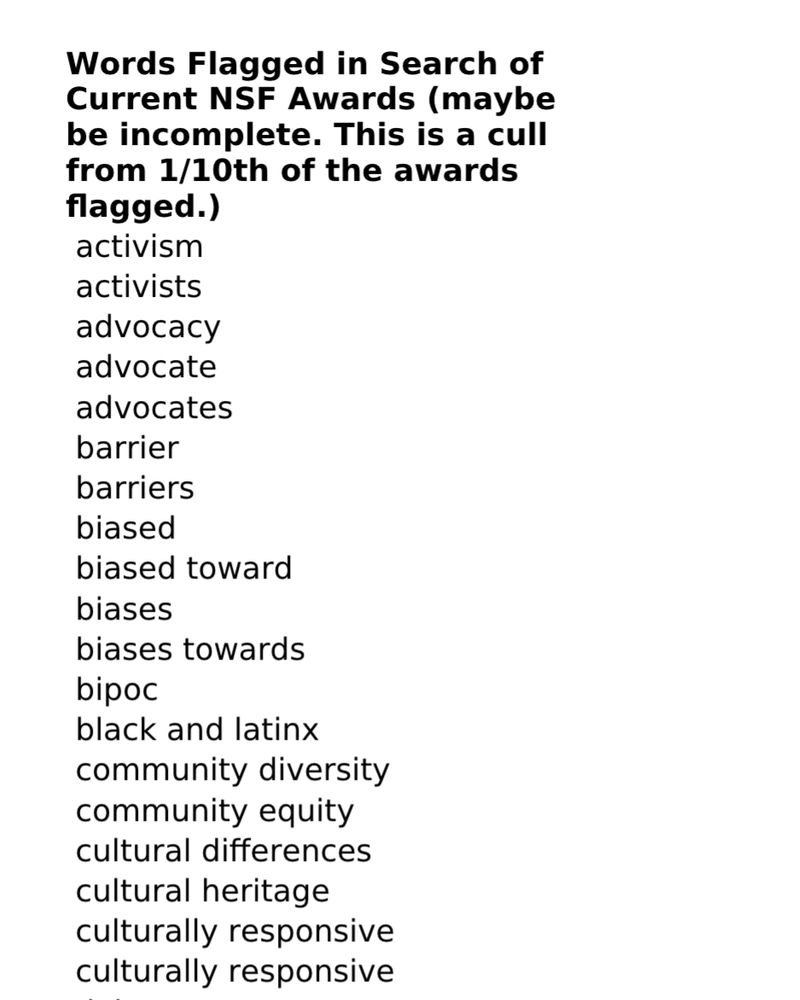journals.sagepub.com/doi/10.1177/...

journals.sagepub.com/doi/10.1177/...
osf.io/preprints/ps...
osf.io/preprints/ps...




I still see many students taking notes by hand
Turns out, there's a benefit! See meta-analysis:
Laptop users take more notes, but under-perform.
Students, resist temptation to write down everything we say!
Listen, think, capture the key essence
link.springer.com/article/10.1...

I still see many students taking notes by hand
Turns out, there's a benefit! See meta-analysis:
Laptop users take more notes, but under-perform.
Students, resist temptation to write down everything we say!
Listen, think, capture the key essence
link.springer.com/article/10.1...




